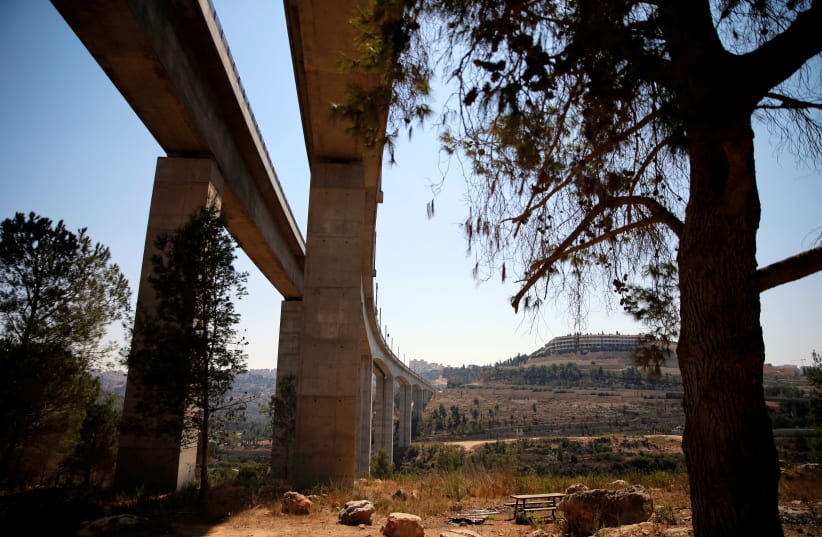"To our delight, we received many high-quality proposals, exceeding expectations," he said. "The programs that were selected, following careful screening, have the highest potential for success and for providing the most significant contribution to the Israeli economy, both improving the bottom lines of state-owned companies and making an overall contribution to public service."The initiative is meant to develop, improve and cut costs for state-owned companies, in the hopes of boosting the well-being of Israeli citizens across the country.Each company was reviewed by teams of experts employed by the IAA and the GCA to find the most promising programs to start. The grant covers up to 50% of the project costs for normal programs, while those in geographically remote locations of Israel were given an additional 10% toward costs.Programs include using drone technology to map out plans to build Israel's roads, technology used to improve the seawater desalination process in collaboration with Israel's national water company Mekorot, a digital platform for urban planning, smart traffic management based on data from Mobileye, technology that detects damage on unloaded products at the Port of Ashdod, and similarly technology to improve damage assessment in wheat fields using satellite imagery, remote sensing and weather data, among others."The Pilot Programs create a "win-win" outcome – both for state-owned companies as well as for the participating startups," said IIA CEO Aharon Aharon."This program enables startups to test and implement their products and technologies at government pilot sites, while advancing both regulations and Israeli infrastructure," he said. "The regulatory constraints placed on state-owned companies, while restrictive, can often be an essential driving force in the development of technological products.
"In light of the first pilot program and the data we received, we’ve seen that new technologies managed to reach maturity faster, enabling them to be sold globally or to help establish complete companies in Israel," Aharon said. "It should be noted that due to this program, state-owned companies are exposed to Israeli high-tech products - and, as a result, incorporate innovation and greater efficiency into their internal processes."
